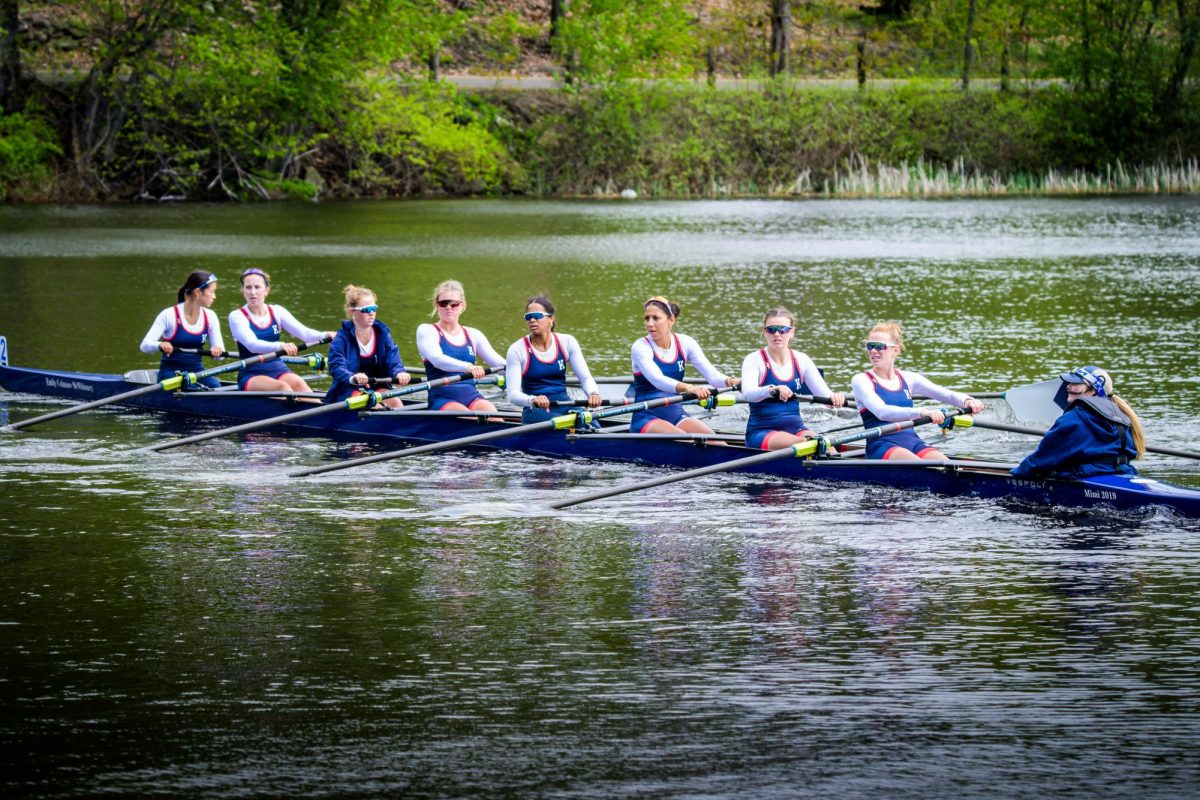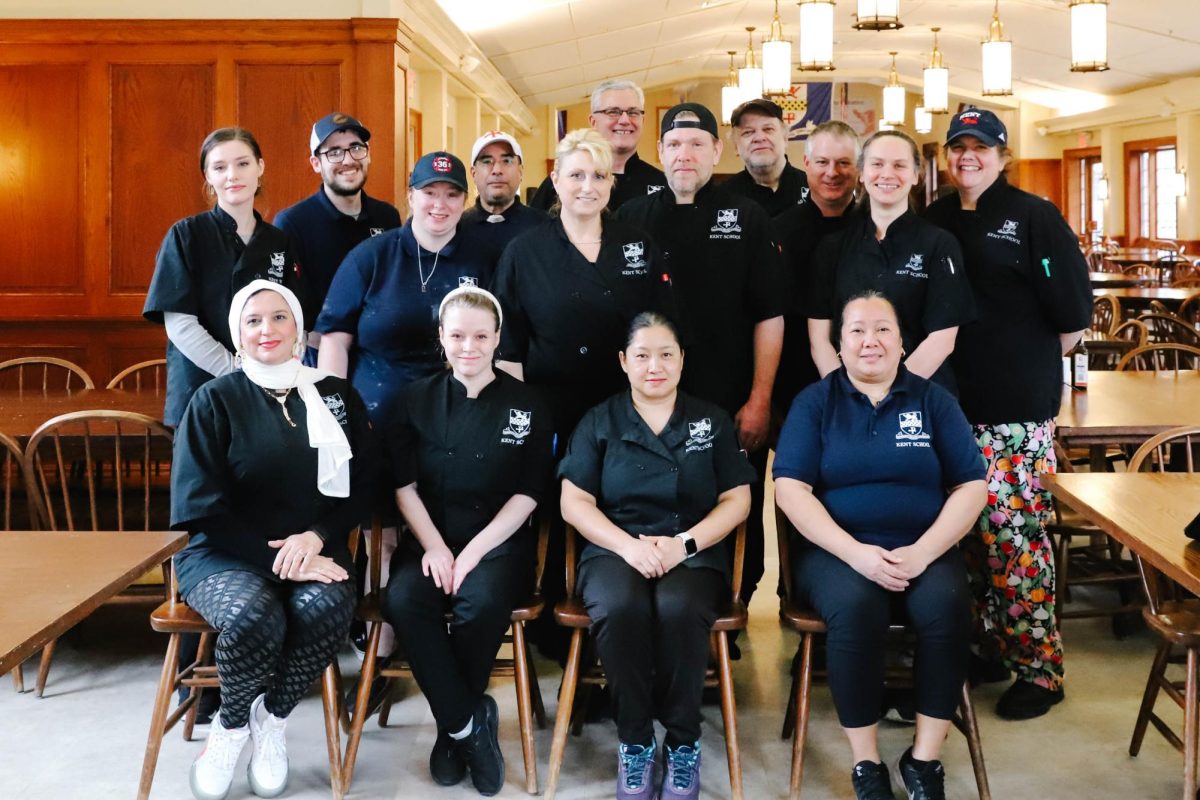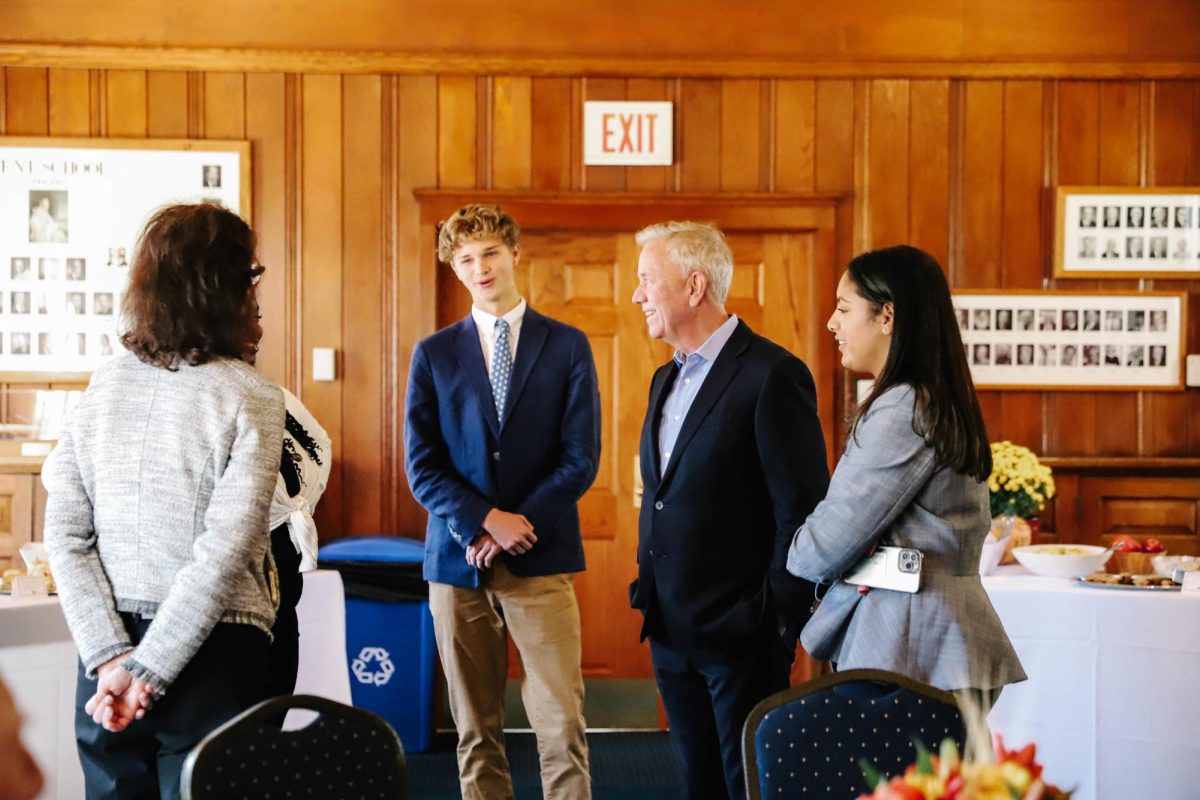At Kent, tradition is utilized as a foundation of Kent identity, as it shapes the culture, values, and community across generations of students. Tradition plays a vital role in shaping student experience as events such as Rock Day, the Ring Ceremony, and Tapping, are integral to the school’s culture. However, tradition is not undeviating with the role of tradition contested when positioned in opposition to the demands of modernity. Tradition is multifaceted as it serves as a mechanism in order to transmit cultural values yet is also argued against due to the belief that tradition is a barrier to progress, perpetuating outdated values in conflict with contemporary values. The fundamental tension between the preservation of historical tradition and innovation is integral to an innumerable quantity of academic institutions. Within Kent, tradition aids in constructing the communities ethos and philosophies, yet, as with any institution established within a historical narrative, Kent must continually reevaluate tradition in order to remain appropriate within a world where the pace of change challenges long-held practices.
Tradition at Kent facilitates the construction of identity and fosters a shared sense of communal belonging and continuity. Specifically, tradition provides a framework through which students and the community negotiate a collective meaning that ensures students locate themselves within a structure preceding and extending beyond individual experience. While prodigious traditions such as Rock Day serve as conspicuous indicators of school identity, Kent is additionally constructed through compact and recurring moments. Ms. Gualtieri, Dean of the Fifth Form and an alumni of Kent, emphasizes this perspective, stating: “It was the little moments, football games, hockey games…where I felt like that is where I was supposed to be, being together and bonding over something exciting or sharing experiences.” This sentiment highlights the tenets of tradition, formal or informal, as tradition provides a structured expanse integral for students to internalise their connection to Kent. Correspondingly, Mr. Reinhardt, Dean of Students and Dean of the Sixth Form, draws accentuates subtle and localised Kent tradition that nonetheless serve to foster cohesion across the school community. “Head of School holidays,” states Mr. Reinhardt, “although not necessarily a tradition, are an expected event that has an impact on student experience. Maybe it’s the Musical or a sports game…highlights in our annual calendar that are not as wide as rock day but are still awesome traditions that people look back on for decades.” The layered structure of tradition, exemplified through sports or artistic events, ensures that students find meaning and multiple points of entry within school community life. Traditions not involving or engaging the entire student body still aim to contribute to Kent’s culture as different communities establish rituals feeding into the school’s overarching narrative. Similarly, at Kent, the enduring significance of tradition is emblematic of a continuity inherent within generations of Kent students and alumni. Mr. Reinhardt illustrates this significance through observation and example, “Students from 40 years ago come back and talk about their experience in the very same way that many of our current students do.” The continuity of Kent tradition illustrates the function of tradition as a conduit for communal values and memory, constructing and reinforcing belonging beyond the individual student experience.
However, tradition prompts questions about the risk of solidifying into anachronism as tradition is perceived as incompatible with contemporary principles. At Kent, tradition is utilized as a medium through which the school expresses identity and values while simultaneously embedding continuity within the Kent’s social structure. Yet the tension between the preservation of tradition and the transformation of tradition is salient within pluralistic institutions akin to Kent, as diverse perspectives necessitate a negotiation of values. The challenge lies within thoughtfully reevaluating continuous traditions in order to align with contemporary standards. As Mr. Reinhardt establishes, “Those things we think of as traditions speak about who we are…and exemplify our values. They are an important outward statement about who we are to the larger community beyond Kent.” The school’s approach to tradition emphasizes the understanding that tradition and ritual functions as an ethical instrument and mirror for the external community as tradition is an active expression of Kent’s philosophical commitments. This recalibration is evident within Kent’s tapping ceremony, celebrating and reaffirming the upcoming individuals elected to the Student Council. Tapping, a Kent tradition established within the symbolic recognition of leadership, has undergone significant changes and evaluations. “We have definitely changed the tapping process a lot,” states Mr. Reinhardt. “We’ve tried our best to not make it a popularity contest by providing an application with substantial information. We have put a ton more responsibility onto our student leaders. Tapping has evolved, yet at its core still has the same important values it was intended to begin with.” The reimagined tapping tradition highlights the school’s effort in avoiding elitism while affirming the principles of service, leadership, and responsibility central to Kent’s identity. Similarly, the shift in tradition underscores a broader institutional trend as Kent expands student involvement beyond symbolic roles and traditions. This includes student participation in shaping key policies such as dress code, cell phone usage, and civil discourse, revealing tradition to be a mechanism accommodating modern perspectives rather than a rigid structure to be passively inherited. Mr. Reinhardt emphasizes this perspective: “I don’t think 10 years ago we would’ve had a committee come together that included students to talk about things like the dress code. There is a greater avenue for student voices to try adapting to more current times.” This ensures that traditions are not perpetuated through nostalgia but are continually adapted in order to reflect the realities of the present.
Kent’s traditions act as reflective rituals to the schools identity as tradition is utilized as an instrument in cultivated shared experience rather than the foundation of the school’s strength. These traditions, whether maintained or revised, represent the continuous dialogue existing between past and present and community values versus institutional legacy. “We hope that students will use it to stay connected to Kent,” posits Mr. Reinhardt. Similarly, Ms. Gualtieri emphasizes the role of tradition for the student body, “It creates a sense of pride for being a Kent student.” Ultimately, Kent does not reside within its traditions but within the relationships and community underpinning them. “Our main goal is that whatever traditions we have align with our school’s values by making sure that we continue to evolve and be responsive,” establishes Mr. Reinhardt. In this light, Kent’s approach to institutional tradition reflects the understanding that rituals and tradition possess significance when they serve the community in lieu of the other way around. These practices gain meaning not because they define Kent and the Kent community but due to the fact that they provide moments for students to realize the value of community while deriving their significance from the ways in which the community, through students, faculty, and alumni, continuously shape and redefine tradition. As Ms. Gualitieri insightfully observes, “Our community does not feel strong because of our traditions. Our traditions feel strong when we understand that this is an amazing community.”






